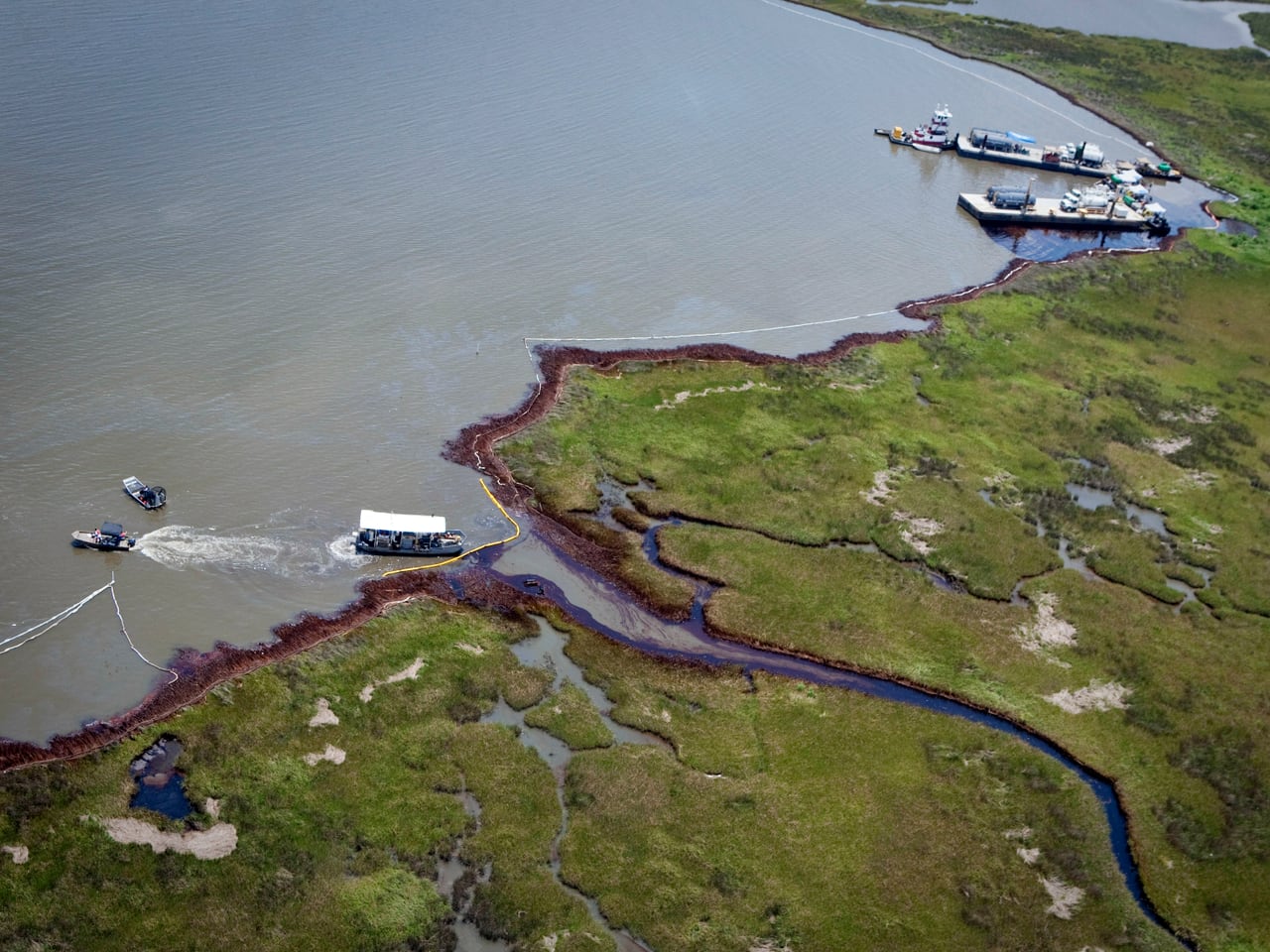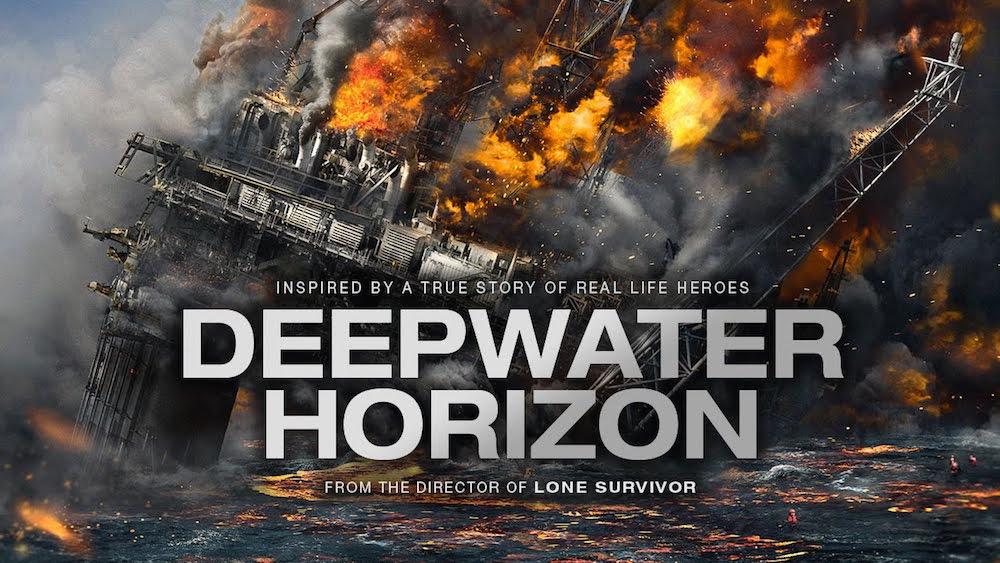The Deepwater Horizon oil spill, which occurred on April 20, 2010, stands as one of the most catastrophic environmental disasters in history. This tragedy not only resulted in the death of 11 workers but also unleashed millions of barrels of crude oil into the Gulf of Mexico, devastating marine life, local economies, and communities. The aftermath of the disaster has sparked a prolonged struggle for justice and accountability, involving multiple stakeholders including the oil industry, governmental agencies, and affected individuals and communities. This article delves into the complexities of the fight for justice following the Deepwater Horizon spill, examining legal actions, regulatory changes, and the ongoing impact on the Gulf region.
The Disaster: A Brief Overview

The Deepwater Horizon was an offshore drilling rig operated by Transocean and owned by BP (British Petroleum). On April 20, 2010, a blowout preventer failed to seal a well that was being drilled in the Macondo Prospect, leading to an explosion and fire on the rig. The explosion resulted in:
- 11 workers killed
- 17 workers injured
- Approximately 4.9 million barrels of oil spilled into the Gulf of Mexico
- Extensive damage to marine ecosystems and local economies
The spill lasted for 87 days until it was finally capped, making it the largest marine oil spill in history. The devastating effects were felt not only in the water but also along the shores of five states: Texas, Louisiana, Mississippi, Alabama, and Florida.
The Legal Landscape: Pursuing Accountability
In the wake of the disaster, various legal actions were initiated to hold BP, Transocean, and other companies accountable for their roles in the spill. The legal landscape was complex, involving federal and state courts, and various stakeholders including government agencies, private citizens, and environmental organizations.
Class Action Lawsuits
One of the first significant responses to the spill was the filing of class action lawsuits by affected individuals and businesses. These lawsuits aimed to secure compensation for:
- Lost wages and income from the fishing and tourism industries
- Property damage and loss of property value
- Medical expenses related to health issues caused by the spill
In 2012, BP reached a settlement agreement estimated at $7.8 billion, which was intended to compensate individuals and businesses affected by the spill. However, the settlement did not resolve all claims, leading to ongoing disputes and additional lawsuits.
The Clean Water Act and Fines

BP faced significant penalties under the Clean Water Act, which holds companies accountable for damages caused by oil spills. In 2015, a federal court ruled that BP was liable for the largest fine in U.S. history, amounting to $18.7 billion. This decision was a landmark moment in the fight for justice, symbolizing a step toward accountability for one of the most egregious environmental violations in recent history.
Criminal Charges and Corporate Accountability
In addition to civil lawsuits, BP faced criminal charges related to the spill. In 2012, the company pleaded guilty to 14 criminal charges and agreed to pay $4.5 billion in fines, one of the largest criminal penalties ever imposed on a corporation. However, critics argue that these penalties were not sufficient to deter future negligence in the oil industry.
The Role of Government Agencies
The U.S. government played a significant role in the response to the Deepwater Horizon disaster. Various agencies were involved, including the Environmental Protection Agency (EPA), the Coast Guard, and the Department of Justice. Their responsibilities included:
- Monitoring the spill and coordinating the cleanup efforts
- Conducting assessments of environmental damage
- Implementing regulatory changes to prevent future disasters
In the aftermath of the spill, the government also conducted investigations to determine the causes of the disaster. The National Commission on the BP Deepwater Horizon Oil Spill and Offshore Drilling produced a comprehensive report that outlined failures in safety practices and regulatory oversight, calling for significant reforms in the oil and gas industry.
Environmental Impact and Recovery Efforts

The environmental consequences of the Deepwater Horizon spill were profound and long-lasting. The spill affected marine ecosystems, including:
- Coral reefs
- Fish populations
- Bird species
Cleanup efforts were extensive and involved the mobilization of thousands of personnel and resources. However, many scientists argue that the full extent of the environmental damage may not be known for years, if not decades. Efforts to rehabilitate affected areas have included:
- Restoration of wetlands and coastal habitats
- Monitoring of wildlife populations
- Community engagement to rebuild local economies
Lessons Learned and Regulatory Changes
The Deepwater Horizon disaster has led to significant changes in regulations governing offshore drilling. Key lessons learned include the need for:
- Improved safety standards and protocols in the oil industry
- Enhanced regulatory oversight to prevent future spills
- Greater accountability for corporations engaged in high-risk activities
In response to the disaster, the Bureau of Safety and Environmental Enforcement (BSEE) was established to oversee offshore drilling regulations. New regulations aimed at improving safety and preventing blowouts have been implemented, although advocates argue that more stringent measures are necessary to protect the environment and communities.
The Human Cost: Voices from the Affected

Beyond the legal and environmental ramifications, the human cost of the Deepwater Horizon disaster is immeasurable. Families of the victims, local fishermen, and small business owners have shared their experiences of loss and struggle. Many have faced:
- Emotional trauma from the deaths of loved ones
- Financial hardship due to lost income
- Health issues resulting from exposure to oil and chemical dispersants
Organizations such as the Gulf Coast Restoration Network and the Louisiana Bucket Brigade have emerged to advocate for affected communities, pushing for transparency, justice, and long-term recovery efforts.
Conclusion: A Call for Continued Vigilance
The Deepwater Horizon oil spill serves as a stark reminder of the potential consequences of negligence in the oil industry. The fight for justice and accountability is ongoing, with numerous legal battles, regulatory changes, and environmental recovery efforts still in progress. While significant strides have been made, the voices of those affected must continue to be heard, and vigilance is essential to ensure that lessons learned from this disaster are not forgotten. It is a collective responsibility to ensure that the mistakes of the past do not repeat themselves, safeguarding both the environment and the communities that depend on it for their livelihoods.